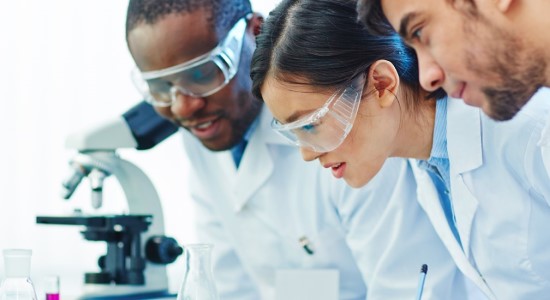Several billion tons of chemical products and materials are produced per year. These products can enable our high standard of living and health. While these products offer benefits, their production and use also pose complex and severe impacts on the planet. Essentially, there is a critical need for greener, more sustainable chemicals, materials and products to address these challenges responsibly. Chemistry both as a science and an industrial sector can transform matter, being key to change the material basis of societies towards more sustainability. The production and use of chemicals, materials, and products significantly impact downstream users and have complex implications for the planet, human welfare, justice, and health, both positively and negatively. To address these challenges, a move towards greener chemicals, materials, products, and their more sustainable application is necessary, offering effective solutions to the needs of humankind and societies in a responsible manner. At the same time, achieving sustainable development requires a reduction and transformation of resource use and material flows. This shift is essential for a society and economy to operate within the safe space of planetary boundaries. The types of resources and materials used, and how they are used, have significant implications for the social foundations of humanity. This involves a shift towards dematerialisation – significantly cutting resource extraction and material throughput – and replacing toxic and persistent materials with benign alternatives.





